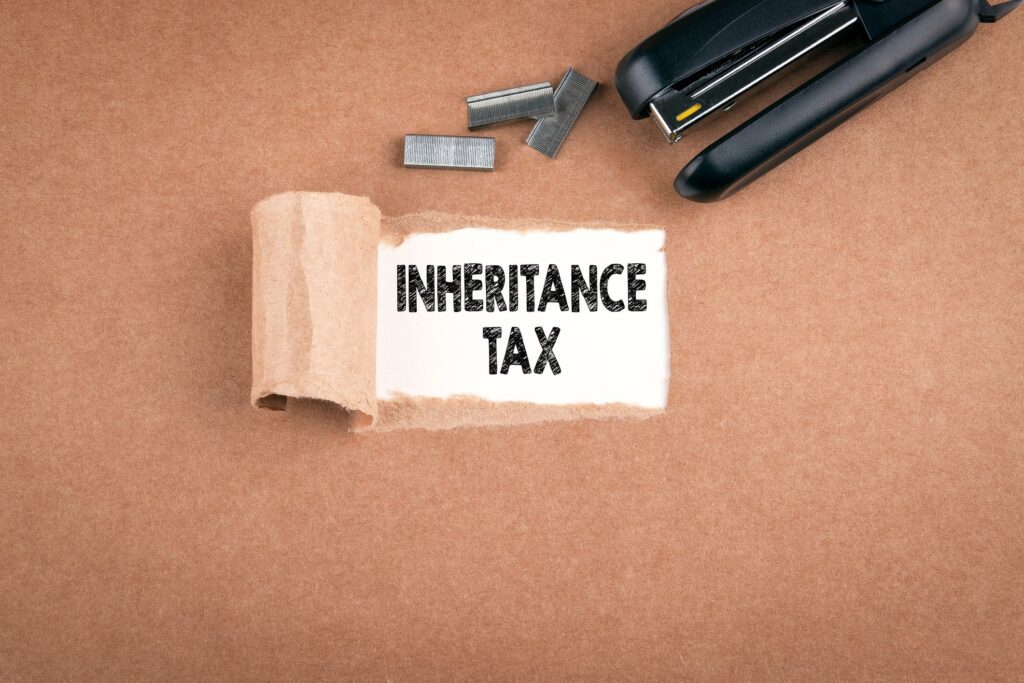Being named as an executor of a will is both an honour and a responsibility, but it’s not without its challenges. Mistakes can cost thousands of pounds and lead to unnecessary stress during an already emotional time. To guide you through the process, I’ve compiled this comprehensive guide, filled with expert insights and practical advice to help you fulfil your role effectively.
Understanding Your Role as Executor
As an executor, you’re entrusted with the legal responsibility to ensure that the wishes outlined in the will are carried out. This includes:
- Distributing the estate’s assets to beneficiaries.
- Settling any debts and liabilities.
- Liaising with HM Revenue & Customs (HMRC) to pay inheritance tax (IHT).
- Applying for probate to access the deceased’s assets.
Executorship is not a role to be taken lightly. Errors in valuation, delays, or neglecting legal requirements can result in personal liability or disputes with beneficiaries.
1. Get Accurate Valuations
Accurate valuations are the foundation of proper estate administration. These determine the amount of inheritance tax due and protect against future capital gains tax (CGT) liabilities for beneficiaries.
Why Accuracy Matters:
- Inheritance Tax (IHT): Estates valued over the “nil rate” band (£325,000, or £500,000 if passing a home to a direct descendant) incur IHT at 40%.
- Capital Gains Tax (CGT): Beneficiaries are taxed only on the increase in an asset’s value after the date of inheritance. An undervaluation can inflate the CGT bill when the asset is sold.
Expert Tip:
For properties, obtain three estate agent valuations or hire a chartered surveyor for a professional valuation. While a surveyor’s report may cost upwards of £1,000, it provides robust evidence in case HMRC challenges the valuation, potentially saving the estate from penalties.
2. Act Without Delay
The death of a loved one is overwhelming, but delaying estate administration can lead to significant financial consequences.
- Inheritance Tax Deadlines: IHT is due within six months of the end of the month of death. After this, HMRC charges interest, currently at 7.5% per year.
- Tax-Free Allowances: Couples can pass up to £1 million tax-free if their allowances are combined, but this must be claimed within two years of the second partner’s death.
Expert Tip:
Start the process early. Even if you’re not ready to fully administer the estate, file the necessary forms to avoid penalties and interest.
3. Notify Financial Institutions Immediately
Fraud prevention and estate protection start with notifying the deceased’s bank and financial firms.
Benefits of Freezing Accounts:
- Prevent unauthorized transactions.
- Stop unnecessary payments, such as magazine subscriptions or memberships.
Expert Tip:
Once accounts are frozen, direct debits and subscriptions can no longer drain funds, saving the estate potentially thousands of pounds over time.
4. Managing Inheritance Tax Payments
Paying IHT before probate can be tricky, especially if the deceased’s wealth is tied up in illiquid assets like property.
Options for Executors:
- Use Form IHT423 to authorize banks to pay HMRC directly from the deceased’s accounts.
- For illiquid assets, pay 10% of the IHT due to obtain a grant of probate and settle the rest in installments (with interest).
Expert Tip:
Plan ahead to avoid expensive loans or interest charges. A clear strategy for liquidating assets or arranging direct payments is essential.
5. Know When to Say No
Executorship is voluntary, and accepting the role without due consideration can lead to undue stress.
Consider the Following Before Accepting:
- The size and complexity of the estate.
- Whether you have the time, knowledge, and resources to fulfill the role.
Expert Tip:
If you feel overwhelmed, step away before starting the process. Once you’ve taken on executorship duties, it’s legally difficult to withdraw.
6. Stay Compliant and Avoid Penalties
As an executor, you are personally responsible for ensuring compliance with all legal and tax obligations. Mistakes can lead to disputes with beneficiaries or penalties from HMRC.
Key Duties:
- Keep detailed records of valuations, payments, and distributions.
- Submit accurate information to HMRC.
- Act in the best interests of the estate and its beneficiaries.
Expert Tip:
Document every step of the process. Clear records can protect you from future claims by beneficiaries or challenges from HMRC.
Common Pitfalls to Avoid
- Failing to Value Assets Correctly: HMRC may impose penalties of up to 100% of the unpaid tax if valuations are inaccurate.
- Delaying Tax Payments: Interest charges and penalties can accumulate rapidly.
- Poor Record-Keeping: Beneficiaries may challenge executors if records are unclear or incomplete.
Why Expert Legal Advice Matters
Administering an estate is a complex process, and the stakes are high. Seeking legal guidance ensures you navigate the process smoothly and avoid costly mistakes.
How We Can Help:
At Aristone Solicitors, we specialize in probate and estate administration. Our services include:
- Professional valuations and tax calculations.
- Support with probate applications.
- Expert advice on IHT and CGT implications.
- Resolving disputes between executors and beneficiaries.
Take the Next Step with Confidence
If you’ve been named as an executor or need advice on estate administration, we’re here to help. Contact our probate team today:
Luton: +441582 383 888
London: +442034 393 888
St Albans: +441727 519 888
Alternatively, complete our contact form, and one of our experts will get in touch promptly to discuss your needs.
Being an executor doesn’t have to be overwhelming. With the right advice and support, you can honor your loved one’s wishes while protecting yourself from unnecessary risks. Let us guide you through this journey with confidence and clarity.




